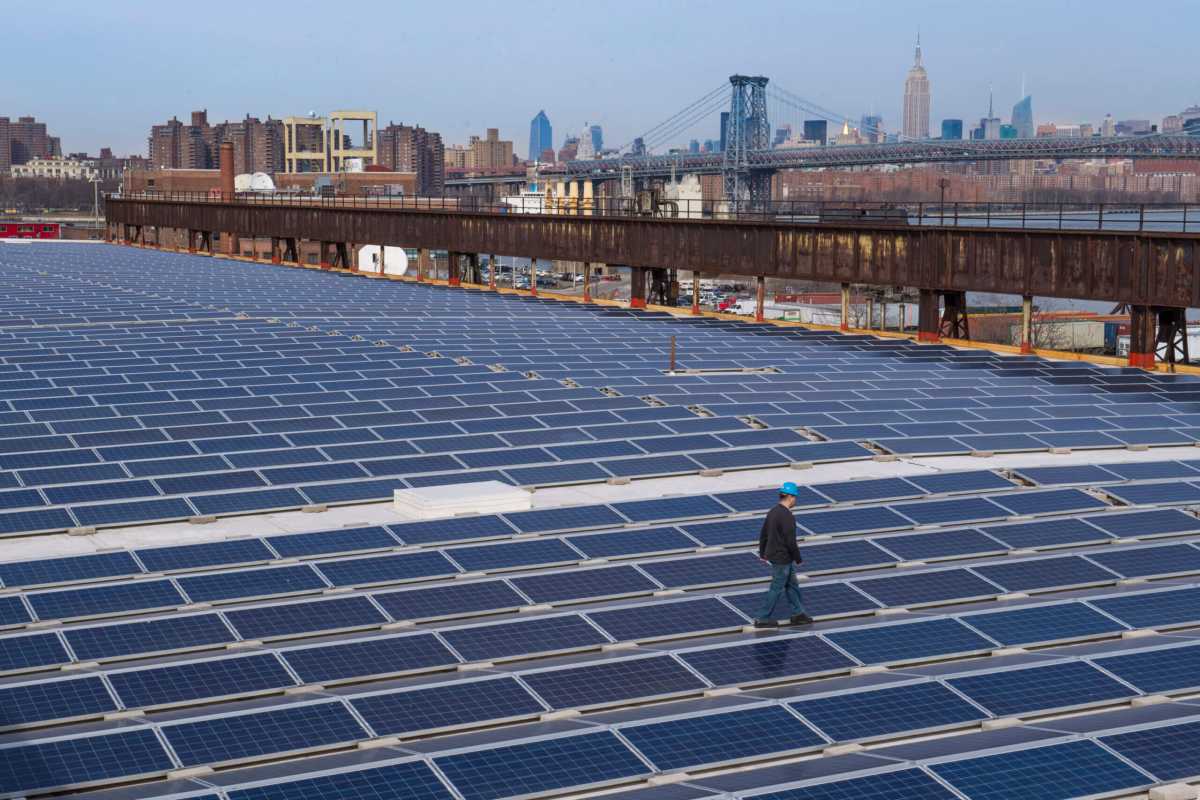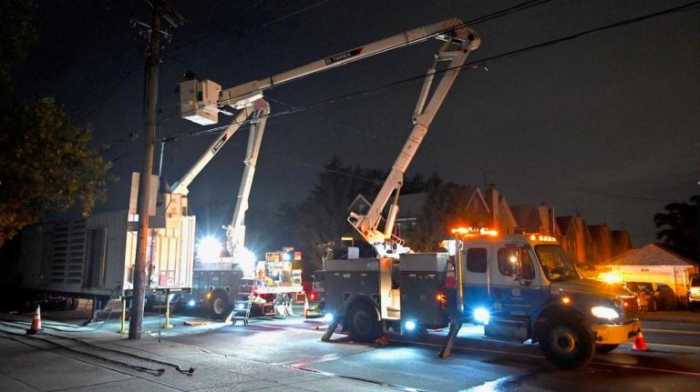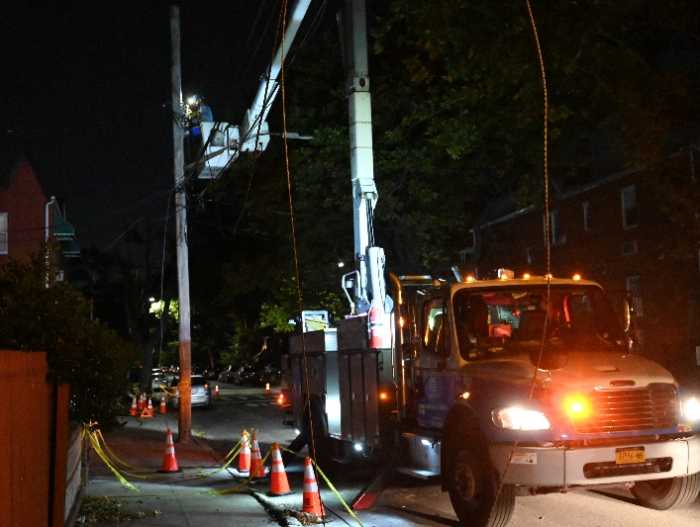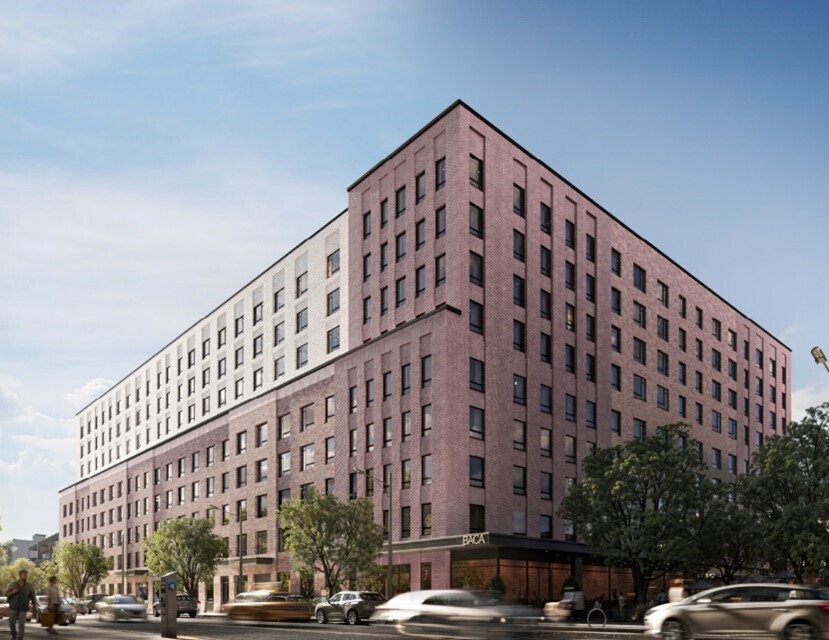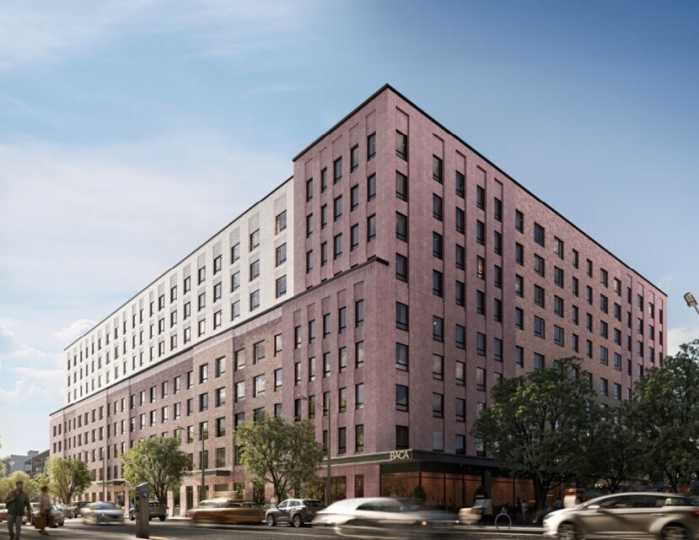Con Edison customers will see a 9.1% increase in their residential electricity bills rates starting August, following a new three-year plan established during Thursday’s regular meeting held by the New York State Public Service Commission. The rates will change in January 2024 and once again in January 2025.
More specifically, residential customers who use 600 kilowatts per hour per month would see an average total monthly bill increase of $14.44 or 9.1% in August, $7.20 or 4.2% starting January 2024, and $2.43 or 1.4% starting January 2025, according to the Public Service Commission announcement.
For gas, residential customers using an average of 100 therms per month will see an average monthly bill increase of $17.28 or 8.4% in August, an $14.90 or 6.7% increase in the second year, and a $15.61 or 6.6% increase in the third year.
According to the PSC, the new three-year plan and rate increases “are necessary to meet [Con Edison’s] increased costs, including increases in the property tax burden representing more than 30% of the increased cost over the three-year period.”
The PSC added that the increases will “support spending for capital improvements and employee additions which are necessary to improve electric and gas operations and enhance overall electric and gas system integrity, safety and reliability. Meanwhile, operating costs are lower due to stronger operational efficiencies.”
The newest rates reflect a nearly 60% cut on the initial proposed rate for electricity and gas, which the PSC said are “much more favorable to customers than the original request.”
Con Edison, the PSC, New York City, the New York State Department of Public Service, and other parties had filed a joint proposal earlier this year in February seeking approval to increase Con Edison’s annual electric and gas delivery revenues over three years.
New York Assembly Member Zohran Mamdani, who represents western Queens, told amNewYork that the new rates were “completely unacceptable and unconscionable.”
“It is deeply disappointing that the work we have put in to fight these rate increases has still led us to this point,” Mamdani said. “It leaves working-class New Yorkers behind and all in the name of increasing profits for Con Ed and funding the expansion of fossil fuel infrastructure.”
The rate increases follow a joint letter penned by several dozen New York City council members who urged the state to reverse the proposal.
Rory Christian, chair of the PSC, said the commission backed the plan since the rate hikes are contingent on Con Edison developing green energy infrastructure and providing discounts to low-income New Yorkers.
“With today’s decision, Con Edison is required to pursue important energy efficiency initiatives to advance the goals of New York State’s nation-leading climate change targets, while mitigating bill impacts for most low-income customers, as part of New York’s nation-leading policy for energy affordability,” Christian said.
Under the new three-year plan, the Energy Affordability Program (EAP), which provides monthly discounts for utility bills to eligible households, would continue with a target cost of the program of $166.3 million each rate year for electric, and $35.8 million each year for gas. The EAP would continue to be available to low-income customers on a first-come, first-serve basis.
New York City council members had expressed their concern about what they saw as a lack of outreach to hundreds of thousands of eligible New York households for the Energy Affordability Program in the joint letter sent to the state last week.
Mamdani said he also shares that concern and called the programs “Band-Aids.”
“What’s so frustrating to me is that we tout these relief programs as the answer, but we know that systemically people cannot afford this,” Mamdani said. “Even if you were going to provide relief to, let’s say to 50,000 households for $250 million dollars, you would still have another 100,000 households who have received final termination notices, just in the last month.”
Con Edison initially sought a first-year electric revenue increase of $1.2 billion, and $503 million gas revenue increase. The new plan was instead a levelized electric rate increase of $457.5 million for each of the three rate years.
Avni Pravin, deputy director of Alliance for a Green Economy, expressed her outrage about the rate increases to amNewYork Metro in a statement.
“It is unconscionable that during the hottest month in recorded history, Governor Hochul’s PSC decided to make cooling more expensive and less accessible for New Yorkers,” Pravin said.
Mamdani said that the fault lies in the way the state currently regulates and oversees energy for New Yorkers. He said both New York City and State should be held “accountable to take decisions that would reduce a working-class New Yorker’s electricity bill.”
“What we need to do in the years to come is to fundamentally change the way that we run and distribute energy in this state,” Mamdani said. “I am firmly committed to legislation that will do exactly that.”
Hochul and the state should put New York on track to cleaner energy and lower bills by passing the NY HEAT (Home Energy Affordable Transition) Act in her next budget. The act, if passed, would prevent utility companies from building out the natural gas infrastructure and delivery system and move New Yorkers towards electrification.
PSC Chair Christian said that the new three-year plan was endorsed and supported by consumer groups, large business customers and municipalities.
“The forward-looking plan we have adopted benefits customers and includes provisions that further important state and commission objectives,” Christian said.
Mamdani said that he continues receiving a quarter of his office calls from tenants, homeowners, and small businesses who are all concerned about the utility increases. The assembly member dismissed the state’s highlighting of the reduction of the final rate increases from the original proposal.
“It is ridiculous to call this in any way “a better deal for New Yorkers,” Mamdani said. “I mean, it’s lipstick on a pig.”



